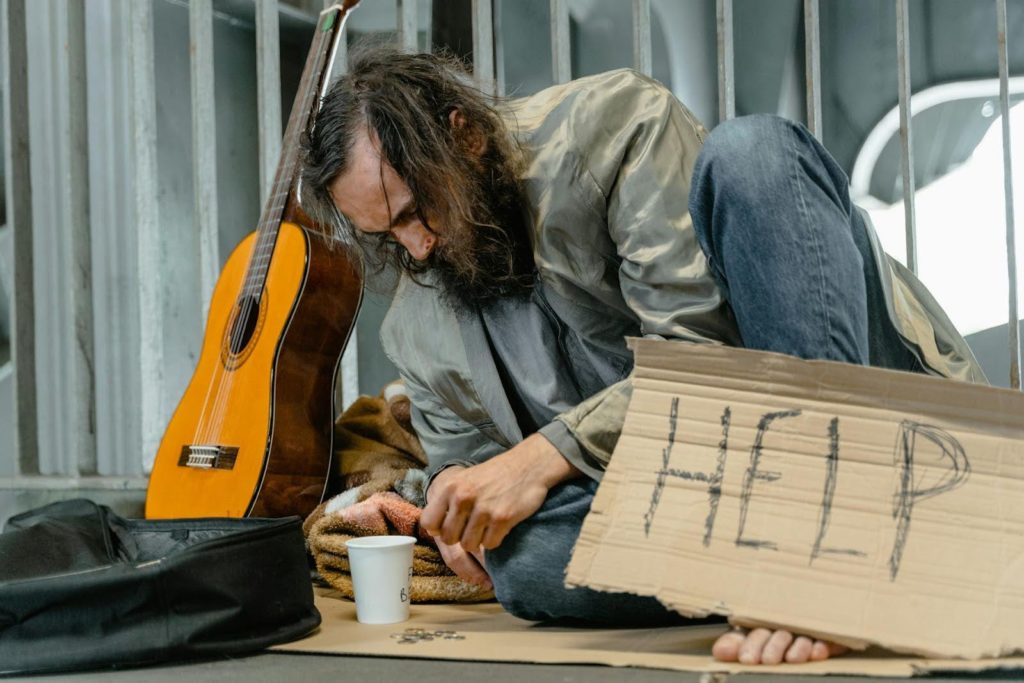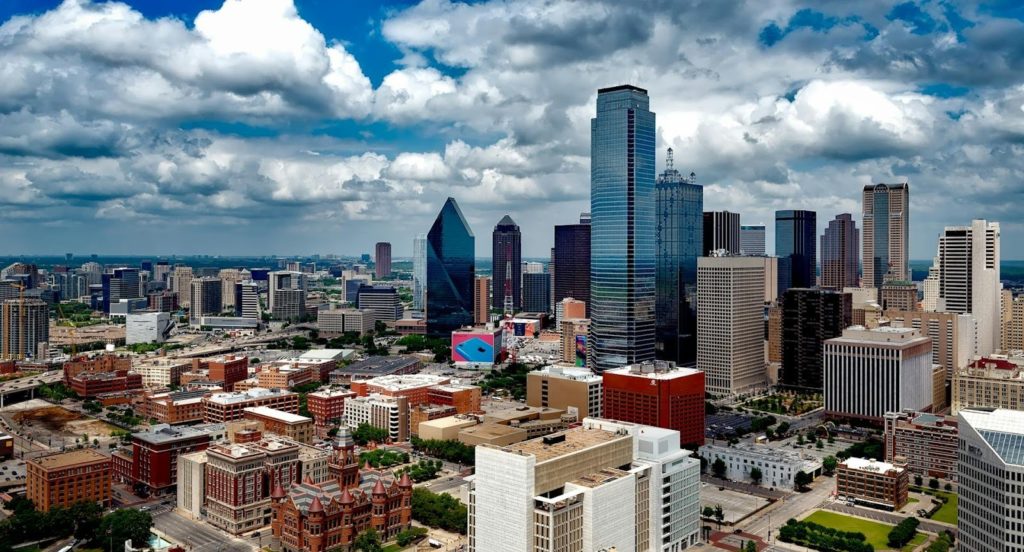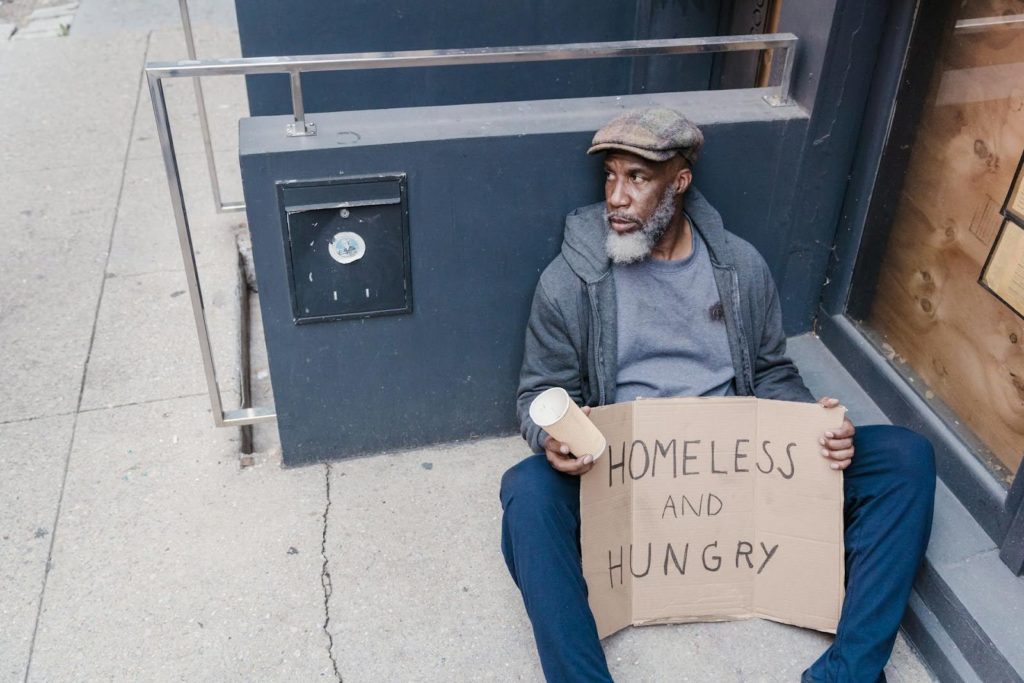Strolling through the streets of Dallas, you might not immediately see the silent struggle that grips portions of our community. Yet, beneath the city’s bustling energy and towering landmarks lies a complex challenge: homelessness. It’s a puzzle composed of various pieces, each contributing to the overall picture. From the shortage in affordable housing to the unpredictability of economic stability, the struggle for a city to provide health and social services, societal and systemic roadblocks, and the harrowing shadow of domestic violence, sex trafficking, all these factors intertwine and create the perfect storm to amplify the crisis.
The journey to understanding and addressing homelessness in Dallas is no small feat. It’s about peeling back layers to reveal the root causes and about recognizing that the issue extends far beyond the absence of a physical home. The pandemic has only deepened these fissures, exposing vulnerabilities and pushing many to the brink of first-time homelessness. By untangling this complex web of causes, we take the first crucial steps toward crafting a Dallas that opens its arms to all, ensuring every resident has access to the fundamental right of a safe, secure shelter.
Lack of Affordable Housing
Look into the heart of Dallas, and you’ll uncover a stark reality that underpins the city’s struggle with homelessness: the acute scarcity of affordable housing. This issue, intensified by the COVID-19 pandemic, stands tall as a formidable barrier, challenging residents and policymakers alike. The pandemic did not just strain healthcare systems; it stretched the housing market to its limits, pushing the dream of affordable home ownership further into the horizon and nudging many Dallas residents toward first-time homelessness.
The fundamental problem? A glaring shortage in the development of single-room occupancy housing (SROs) plays a pivotal role in providing low-income individuals with affordable and accessible living options. SROs, essential for those who are at risk of or currently experiencing homelessness, are desperately lacking in Dallas. This oversight in housing development creates an environment where the housing market can’t cater to the needs of its most vulnerable populations, forcing them into a cycle of instability and uncertainty.
Picture families and individuals, once stable in their modest apartments or homes, now finding themselves ensnared by an ever-tightening grip of economic downturn and soaring rents. For many, the pandemic shattered the illusion of security, revealing the fragility of their living situations and propelling them into a realm of uncertainty. The reality is stark—Dallas’ housing market isn’t just tight; it’s unforgiving, shutting out those without the means to keep pace with rising costs.
This scarcity isn’t merely a problem of numbers; it’s a reflection of misplaced priorities, where the allure of luxury condominiums overshadows the pressing need for accessible, affordable housing. It begs the question: for whom is the city being developed? The term “affordable housing” should encapsulate hope, not evoke a sense of disillusionment. Yet, for many Dallas residents, finding an affordable place to call home remains a distant dream, a mirage in the expanding desert of economic disparity.

Addressing this crisis requires a seismic shift in how we conceive and prioritize housing development in Dallas. It’s about recognizing that the foundation of a thriving city lies not in the grandeur of its skyscrapers but in the strength of its communities. Ensuring the integration of affordable housing into the urban fabric is not just an investment in bricks and mortar—it’s a commitment to cultivating a diverse, vibrant Dallas where everyone can find stability and shelter. As we peel back the layers of this issue, it becomes clear: the path to a more inclusive Dallas is paved with the stones of affordable housing.
Economic Instability
Amid Dallas’s gleaming buildings and bustling marketplaces lies a shadow that hinders the city’s vibrant pulse: economic instability. This silent specter grows in the nooks and crannies of rapid urban development, leaving a community grappling with the reality of an uncertain future. Property taxes and the ballooning housing costs, exacerbated by unchecked development and gentrification, weave a complex tapestry that exacerbates the crisis of homelessness.
As Dallas evolves, its neighborhoods transform. Once-familiar streets bloom with new developments, each proclaiming progress. But beneath this prosperity, the economic shifts serve as tremors, unsettling low-income families and individuals who find the ground beneath them growing increasingly unstable. Gentrification, while heralding revitalization for some, spells displacement for others. Its repercussions reverberate through communities, dismantling the essence of affordability and inclusivity. The small business owner watching rental costs skyrocket, the family whose roots run deep into the fabric of their community, now faces the daunting possibility of displacement. These are not isolated narratives but collective echoes of a city in flux.
This economic instability is not just a backdrop to the lives of Dallas’ residents; it’s an active participant. The relentless march of property taxes transforms what was once affordable and tangible into something fleeting and just beyond reach. Neighborhoods that thrived on the richness of diversity are now at risk of homogenization, their unique identities overshadowed by the allure of new developments.
Economic shifts do more than alter physical spaces; it upends lives. The rapid changes orchestrated by gentrification and development displace families and businesses and unravel the fabric of community networks. These networks, often the lifeblood of support for many, when disrupted, leave gaping vulnerabilities that can push residents towards homelessness.
Facing economic instability requires more than resilience; it demands a reimagining of community and development values. The story of Dallas, in its pursuit of growth, must weave a narrative that includes all citizens. It raises a critical question: How can progress be inclusive, creating spaces where economic diversity is tolerated and celebrated?
The journey towards stabilizing the economic landscape of Dallas and combating homelessness necessitates policies and practices that honor the city’s rich mosaic of communities. Only by addressing the root causes of economic instability with thoughtful intervention and innovation can we hope to paint a future where prosperity is shared, and the vibrant tapestry of Dallas remains intact, enriched by the diversity of its residents.
Health and Social Services Failures
In Dallas’s sprawling urban landscape, where the promise of opportunity looms large, health and social service failures cast long shadows on the city’s most vulnerable citizens. These strugles form a critical element in the complex puzzle of homelessness, intertwining closely with economic and housing challenges to create a formidable barrier to stability and health.
The narratives of individuals grappling with health emergencies are far too common. Yet, each story underscores a singular, stark reality: the pathway from a medical crisis to homelessness is alarmingly short when lacking adequate support. Imagine facing a sudden health scare, only to be met with the daunting reality of insurmountable medical bills, limited access to continuous care, and the relentless fear of losing your home. This cycle of health-related financial instability is not just a possibility for many; it’s a lived experience exacerbated by a healthcare system that often leaves the uninsured and underinsured teetering on the edge of a precipice.
Moreover, the criminalization of quality-of-life crimes further entrenches individuals in a cycle of homelessness and poverty. These punitive approaches to public health problems, such as substance dependency or mental health issues, replace the potential for compassionate intervention with a harsh regime of fines and incarceration. Such measures not only fail to address the root causes of these issues but actively hinder individuals’ ability to seek help, secure stable employment, and ultimately find a way out of homelessness.
The role of health and social services in mitigating the crisis cannot be overstated. Inadequate support and fragmented care systems leave individuals navigating a labyrinth of bureaucracy, often with dire consequences. The absence of comprehensive, accessible medical support risks not only escalating existing health conditions but also serves as a catalyst for the spiral into homelessness.
Facing these challenges head-on requires a paradigm shift in how Dallas approaches health and social services for its most marginalized populations. It involves dismantling the barriers to accessing care, expanding mental health services, and recasting the role of social services from punitive enforcers to compassionate supporters. Such an approach recognizes the inherent dignity of each individual, ensuring that those facing health challenges are met with support rather than stigma.
In essence, addressing the failures in health and social services is not just about patching a flawed system; it’s about reimagining a community where holistic health and wellness are achievable for all residents. As Dallas seeks to nurture a thriving, inclusive city, the cornerstone of this effort must be a robust, compassionate framework of support that acknowledges the interplay between health, housing, and economic stability.

A Vision for a Stronger Dallas
The road to addressing homelessness in Dallas is paved with challenges. Yet, it is illuminated by the promise of actionable solutions and collective willpower. By zeroing in on the roots of this crisis—be it the scarcity of affordable housing, the tides of economic instability, or the gaps in health and social services—we begin to chart a course towards a more inclusive, supportive future. Initiatives like rapid rehousing projects are rays of hope in this endeavor, showcasing immediate steps that can significantly impact lives. However, the journey doesn’t stop there. True progress demands we confront deeper societal and systemic issues, extending a hand to those fleeing domestic violence and ensuring no one is left behind. Understanding the multifaceted nature of homelessness is the first step; together, we can transform this understanding into action, fostering a Dallas that stands as a beacon of hope and inclusivity for all its residents.


